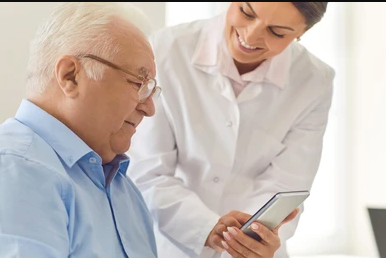As the population ages, technology is playing a vital role in improving senior care. Innovative tools like smart home devices, wearable health trackers, telehealth services, and remote monitoring systems enhance safety, communication, and overall well-being for older adults. These technologies empower seniors to maintain independence, receive personalized care, and age gracefully in their own homes, revolutionizing the way we support their health, safety, and happiness.
Exploring the Role of Technology in Modern Senior Care
1. Safety and Security:
Technology plays a crucial role in ensuring the safety and security of older adults. Smart home devices equipped with motion sensors, video surveillance, and automated alerts offer peace of mind by detecting falls, monitoring suspicious activities, and providing real-time notifications to caregivers or family members.
2. Health Monitoring and Management:
Wearable health trackers and remote monitoring systems enable seniors to proactively manage their health. These devices can track vital signs, activity levels, sleep patterns, and medication schedules, providing valuable insights to healthcare providers and facilitating timely interventions and personalized care.
3. Communication and Social Connection
Technology bridges the gap between seniors and their loved ones, fostering communication and social connection. Video calling platforms, social media, and messaging apps enable older adults to stay connected with family, friends, and support networks, reducing feelings of isolation and loneliness.
4. Telehealth and Remote Care:
Telehealth services and remote care solutions have revolutionized healthcare access for seniors. Through virtual consultations and remote monitoring, older adults can receive medical advice, monitor chronic conditions, and access specialized care from the comfort of their homes, minimizing the need for frequent hospital visits.
5. Cognitive Stimulation and Mental Well-being:
Technological advancements offer various cognitive stimulation tools, such as brain training apps and interactive games, to promote mental acuity and well-being among seniors. These engaging activities can help improve memory, attention, and overall cognitive function.
Embracing technology in senior care has the potential to enhance the quality of life, independence, and overall well-being of older adults. By leveraging innovative solutions, we can create a future where seniors can age with dignity, security, and maximum independence.
Understanding How Smart Home Devices Enhance Safety for Seniors
Smart home devices offer a range of innovative solutions that enhance the safety and well-being of seniors, allowing them to maintain their independence while staying connected and protected. These devices leverage advanced technologies to create a secure and efficient living environment that addresses the unique needs and challenges faced by older adults. Let's explore the key ways in which smart home devices can enhance safety for seniors:
1. Home Security Systems:
Smart home security systems provide comprehensive protection by integrating various features such as motion sensors, door/window sensors, video surveillance, and remote monitoring. These systems not only deter potential intruders but also provide peace of mind to seniors and their caregivers, allowing them to monitor their homes and receive real-time alerts in the event of any suspicious activity.
2. Fall Detection and Emergency Response:
Smart home devices equipped with fall detection sensors and emergency response systems can be life-saving for seniors. These devices can automatically detect falls and trigger an immediate response, such as sending an alert to a designated caregiver or contacting emergency services. By enabling quick intervention during emergencies, these devices can significantly reduce the risks associated with falls and ensure prompt medical attention.
3. Medication Management:
Managing medication schedules can be challenging for seniors, especially those with multiple prescriptions. Smart home devices can assist in medication management by providing reminders, dispensing medication at scheduled times, and sending alerts to caregivers or healthcare professionals in case of missed doses. These devices help seniors maintain medication adherence, reducing the risks of medication errors and promoting their overall health and well-being.
4. Safety Monitoring and Environmental Controls:
Smart home devices can monitor various safety aspects of the home, including smoke and carbon monoxide detection, temperature regulation, and water leak detection. These devices can alert seniors and their caregivers in case of potential hazards, allowing for timely action and preventive measures. Additionally, smart thermostats and lighting systems can be controlled remotely, providing comfort and convenience while optimizing energy usage.
By leveraging the power of smart home devices, seniors can enjoy an enhanced sense of safety, independence, and peace of mind. These technologies play a vital role in creating age-friendly living environments and empowering older adults to live their lives to the fullest while maintaining their safety and well-being.
The Benefits of Wearable Health Trackers for Monitoring Wellness

Wearable health trackers have revolutionized the way we monitor and track our health and well-being. These innovative devices offer a range of benefits that empower individuals, including seniors, to take control of their wellness journey. Here are some key advantages of using wearable health trackers:
1. Personalized Health Monitoring:
Wearable health trackers provide real-time data about various aspects of our health, such as heart rate, sleep patterns, activity levels, and even stress levels. By wearing these devices, seniors can gain valuable insights into their health and make informed decisions about their lifestyle and habits.
2. Encouragement for Physical Activity:
Many wearable health trackers come equipped with fitness-tracking features that motivate seniors to stay active and meet their activity goals. These devices can monitor steps taken, and calories burned, and even provide reminders to move or engage in physical activity. This can be especially beneficial for seniors who want to maintain an active lifestyle and improve their overall fitness.
3. Medication and Health Reminders:
Wearable health trackers can also be used to set reminders for medication schedules, doctor's appointments, hydration goals, and other health-related tasks. This feature can help seniors stay organized and adhere to their treatment plans, reducing the risk of missed doses or appointments.
4. Enhanced Safety and Emergency Assistance:
Some wearable health trackers are equipped with safety features, such as fall detection and emergency call buttons. These features provide an added layer of security for seniors, offering peace of mind for both them and their loved ones.
5. Insights for Better Health Management:
By tracking various health metrics over time, wearable health trackers can provide valuable insights that help seniors and their healthcare providers make informed decisions about their health management. These insights can contribute to the early detection of potential health issues and enable timely interventions.
Wearable health trackers offer a range of benefits for seniors, including personalized health monitoring, encouragement for physical activity, reminders for medication and health-related tasks, enhanced safety features, and valuable insights for better health management. Incorporating these devices into seniors' wellness routines can empower them to take an active role in their health and well-being, leading to improved overall quality of life.
The Importance of Remote Monitoring Systems in Senior Independence
1. Enhancing Safety and Security:
Remote monitoring systems play a pivotal role in ensuring the safety and security of seniors, enabling them to age independently within the comfort of their own homes. These systems utilize advanced technology to remotely monitor vital signs, detect falls, and provide emergency notifications. By promptly alerting caregivers or medical professionals in case of emergencies, remote monitoring systems offer a sense of security and reassurance for both seniors and their loved ones.
2. Timely Health Intervention:
Remote monitoring systems empower seniors to proactively manage their health by regularly tracking vital health metrics. With the ability to monitor blood pressure, heart rate, glucose levels, and more, these systems enable early detection of potential health issues. By providing real-time data and alerts to healthcare providers, remote monitoring systems facilitate timely interventions, preventing complications and enabling seniors to maintain their independence and well-being.
3. Promoting Independence and Quality of Life:
By leveraging remote monitoring systems, seniors can retain their independence and autonomy while staying connected to their healthcare team. These systems allow seniors to manage their health from the comfort of their own homes, reducing the need for frequent doctor visits or hospital stays. The peace of mind and convenience offered by remote monitoring systems contribute to an improved quality of life, enabling seniors to focus on their hobbies, interests, and relationships.
4. Empowering Self-Care and Wellness Management:
Remote monitoring systems encourage seniors to actively take charge of their own health and well-being. With features like medication reminders, activity tracking, and personalized health insights, these systems promote self-care and foster healthy habits. Seniors can better manage their medications, stay physically active, and make informed decisions about their lifestyle choices, leading to improved health outcomes and overall wellness.
Remote monitoring systems are revolutionizing senior care and independence by leveraging technology to provide comprehensive support, proactive health management, and enhanced safety. By embracing these systems, seniors can age in place with confidence, maintaining their independence and enjoying a higher quality of life.
The Impact of Medication Management Apps on Health and Adherence

Medication management is a critical aspect of senior care and can significantly impact health outcomes and adherence to prescribed treatments. Medication management apps have emerged as valuable tools to support seniors in effectively managing their medications. These apps offer a range of features and benefits that promote health and enhance medication adherence. Let's explore the key areas where medication management apps have a positive impact:
1. Reminders and Notifications:
Medication management apps provide timely reminders and notifications to seniors, ensuring they take their medications as prescribed. These reminders can be customized based on the specific medication schedule, dosage, and frequency, helping seniors stay on track with their medication regimen.
2. Medication Tracking and History:
These apps enable seniors to track their medication intake, maintaining a comprehensive record of the medications they have taken. This feature helps to prevent missed doses or accidental double doses and allows healthcare providers to review medication history during appointments, ensuring accurate and informed healthcare decisions.
3. Health Insights and Information:
Medication management apps often provide valuable health insights and information about the medications seniors are taking. These insights can include potential side effects, drug interactions, and dosage instructions, empowering seniors to make informed decisions about their health and medications.
4. Family and Caregiver Collaboration:
Some medication management apps offer features that enable collaboration with family members and caregivers. This allows them to stay informed about medication schedules, receive alerts in case of missed doses, and provide support and assistance when needed, fostering a collaborative and supportive approach to senior care.
5. Adherence Monitoring and Reporting:
Medication management apps often include adherence monitoring and reporting features. These functionalities track medication adherence rates and generate reports that can be shared with healthcare professionals. This information can help identify any adherence issues and facilitate discussions between seniors and their healthcare providers, leading to more effective and personalized care.
By leveraging the power of medication management apps, seniors can improve their health outcomes, enhance medication adherence, and maintain their well-being. These apps play a vital role in empowering seniors to take control of their medication routines, ensuring they receive the maximum benefit from their prescribed treatments.
The Role of Cognitive Training Apps in Supporting Mental Agility
Cognitive training apps have gained recognition for their potential to enhance mental agility and promote cognitive well-being among seniors. These apps offer a range of exercises and activities designed to stimulate and challenge the brain, helping to maintain and improve cognitive abilities. With regular use, cognitive training apps can provide valuable support in various aspects of mental functioning, including memory, attention, problem-solving, and processing speed. Here are some key areas where cognitive training apps play a significant role:
1. Memory Enhancement:
Cognitive training apps often include exercises specifically tailored to improve memory function. These exercises may involve tasks such as memory recall, pattern recognition, and spatial reasoning. By engaging in these activities, seniors can sharpen their memory skills and enhance their ability to retain and recall information.
2. Attention and Focus Improvement:
Maintaining focus and attention is crucial for cognitive performance. Cognitive training apps offer exercises that challenge and strengthen these cognitive abilities. Through activities that require sustained attention and task switching, seniors can improve their ability to concentrate and stay focused, leading to enhanced cognitive performance in daily life.
3. Problem-solving and Cognitive Flexibility:
Cognitive training apps can also contribute to improving problem-solving skills and cognitive flexibility. These apps often present users with puzzles, riddles, and logic-based challenges that require critical thinking and adaptive problem-solving strategies. By engaging in these activities, seniors can enhance their cognitive flexibility, adaptability, and creativity in finding solutions.
4. Processing Speed Enhancement:
Processing speed refers to the rate at which the brain can perceive and respond to information. Cognitive training apps offer exercises that target the improvement of processing speed, involving tasks that require quick decision-making, visual processing, and reaction time. By practicing these activities, seniors can enhance their mental quickness and responsiveness.
By incorporating cognitive training apps into their routine, seniors can actively engage in brain-stimulating activities and maintain their cognitive abilities. These apps provide an accessible and convenient way to support mental agility and promote overall cognitive well-being in seniors.
Contact The Care Concierge of New England for Personalized Senior Care
If you or your loved ones are seeking personalized and compassionate senior care, look no further than The Care Concierge of New England. Our dedicated team of professionals is committed to providing exceptional care services tailored to meet the unique needs and preferences of seniors. From assistance with daily activities to companionship and cognitive stimulation, we prioritize the well-being and quality of life of our clients.


